The Formula 1 calendar could be given a fresh look in 2023 as the sport pushes to reduce its carbon footprint and lower freight costs.
The upcoming Canadian Grand Prix has left teams needing to fly freight from Europe to North America and back again with the event sandwiched between rounds in Monaco (Europe) and Azerbaijan (Europe/Asia).
The back and forth long haul trips mean big costs for teams at a time in which the cost of moving freight is high. It also appears to go against plans to minimise the sport's carbon footprint.
But how would a regionalised 2023 F1 calendar look and can unnecessary long haul trips be removed entirely?
F1 plan to stop long haul flights to single events
The main aim of regionalising the Formula 1 calendar is to eliminate long haul flights to single events, such as shifting Canada from its position between races in Monaco and Azerbaijan.
It is felt that Canada would be better placed grouped with races such as Miami and Austin. RacingNews365.com understands that there are plans to push the Austin race forward to May with the new race in Las Vegas set to be around October time.
Meanwhile, the Emilia Romagna Grand Prix at Imola does not currently align with the European stint of the season. A plan to move it later in the year would prevent teams from flying from the Middle East to Australia, only to fly back over the Middle East to Europe for just one race before heading across the Atlantic to Miami.
Doing so would reduce the sport's carbon footprint dramatically, at a time when Formula 1 is talking up big plans to go carbon neutral by 2030.
A report published by F1 in 2019 showed that 45% of its emitted carbon came from air, sea and road freight transport, while a further 27% came from transporting personnel. In contrast, the report also showed that just 0.7% of those emissions come from the race cars themselves.
Grouping races together 'makes sense'
Those percentages could be reduced further by grouping races together. The season could begin in the Middle East before stopping off in Australia on the way to three races in North America.
A return to Europe could follow - ten consecutive races without the need for any long haul journeys - before three races in Asia, three more in the Americas and a season-ending double header back in the Middle East.
“I think if you look at the calendar, it makes sense to group some of the races together,” Red Bull boss Christian Horner told select members of the media, including RacingNews365.com.
“Whether it's some of the American races, some of the Asian races, Europe, obviously. Some of the calendar this year when you look at the geographics of it, Azerbaijan to Montreal, going to Australia for a weekend, it's about as expensive as you could make it."
More races than ever in 2023?
However, despite environmental and cost concerns, Formula 1 could find itself racing in more destinations than ever during the 2023 season.
There are currently 22 races contracted to take place next term, while talks continue over the future of events in Mexico, Belgium, Monaco and France.
It is possible that Monaco and France could share a place on the calendar over the coming years, much like how Hockenheim and Nurburgring once shared the German Grand Prix.
A new deal for the Belgian Grand Prix is pending while the future of Formula 1 in Mexico, despite a race-winning Sergio Perez, is uncertain. It comes with F1 having indicated that they have had up to 30 applications from venues keen to host events.
F1 team bosses backing plans
F1 team bosses are backing the plans to regionalise the calendar, although plenty of obstacles remain in the way of delivery with some venues expected to be keen to keep hold of their prime spots on the calendar.
There could also come a war with mother nature as calendar organisers try to ensure they arrive at tracks at a time of year with weather fit for motorsport.
Adding to Horner's comments, Haas boss Guenther Steiner said: "I think for sustainability it's a fantastic thing. And then if we achieve that, a lot of things go with it, positive things. There are no negatives to it. It's just a difficult thing to achieve.
“But Canada, you have to worry about the cold, so you cannot race there too early. But it's good that they (F1) are working on it, and hopefully, in the future, we at least can make some steps.”
Why the plan could help put paddock minds at rest
Any plans to regionalise the Formula 1 calendar could also help prevent potential freight nightmares that threaten to leave teams without crucial cargo for race weekends.
There is widespread fear amongst those in the paddock that their team could miss a race should a shipment of cargo, be that by sea or by air, be delayed with the expanding calendar meaning fewer gaps between races.
That fear became a reality for Haas during pre-season, leaving them forced to miss day one of pre-season testing in Bahrain as they waited for their cars to arrive.
Grouping races together would reduce both the number of long haul freight deliveries and the distance between tracks, which would open up the opportunity to transport cargo by different (or more eco friendly) means - be it by road or by towing it along the coast - should problems arise.
How a regionalised F1 calendar could look
| Round | Grand Prix | Region | Contract until |
|---|---|---|---|
| 1 | Bahrain | Middle East | 2036 |
| 2 | Saudi Arabia | Middle East | 2025 |
| 3 | Australia | Australasia | 2025 |
| 4 | USA (Miami) | Americas | Joint venture - 2031 |
| 5 | USA (Austin) | Americas | 2026 |
| 6 | Canada | Americas | 2029 |
| 7 | Italy (Emilia Romagna) | Europe | 2025 |
| 8 | Spain | Europe | 2026 |
| 9 | Monaco (Potential rotation with French GP) | Europe | 2022 (In negotiations) |
| 10 | Azerbaijan | Europe/Asia | 2024 |
| 11 | Austria | Europe | 2022 (New deal pending) |
| 12 | Great Britain | Europe | 2024 |
| 13 | Hungary | Europe | 2027 |
| 14 | Belgium | Europe | 2022 (New deal pending) |
| 15 | Netherlands | Europe | 2023 |
| 16 | Italy (Monza) | Europe | 2024 |
| 17 | Singapore | Asia | 2028 |
| 18 | Japan | Asia | 2024 |
| 19 | China | Asia | 2025 |
| 20 | Mexico | Americas | 2022 |
| 21 | Brazil | Americas | 2025 |
| 22 | USA (Las Vegas) | Americas | Joint venture |
| 23 | Qatar | Middle East | 2032 |
| 24 | Abu Dhabi | Middle East | 2030 |
Also interesting:
F1 Podcast: Was F1's cautious start to Monaco an insult to the drivers' abilities?
RacingNews365.com F1 journalists Dieter Rencken and Michael Butterworth discuss the Monaco Grand Prix, and reflect on whether decisions made by the Race Director were overly cautious.
Don't miss out on any of the Formula 1 action thanks to this handy 2026 F1 calendar that can be easily loaded into your smartphone or PC.
Download the calenderMost read
In this article
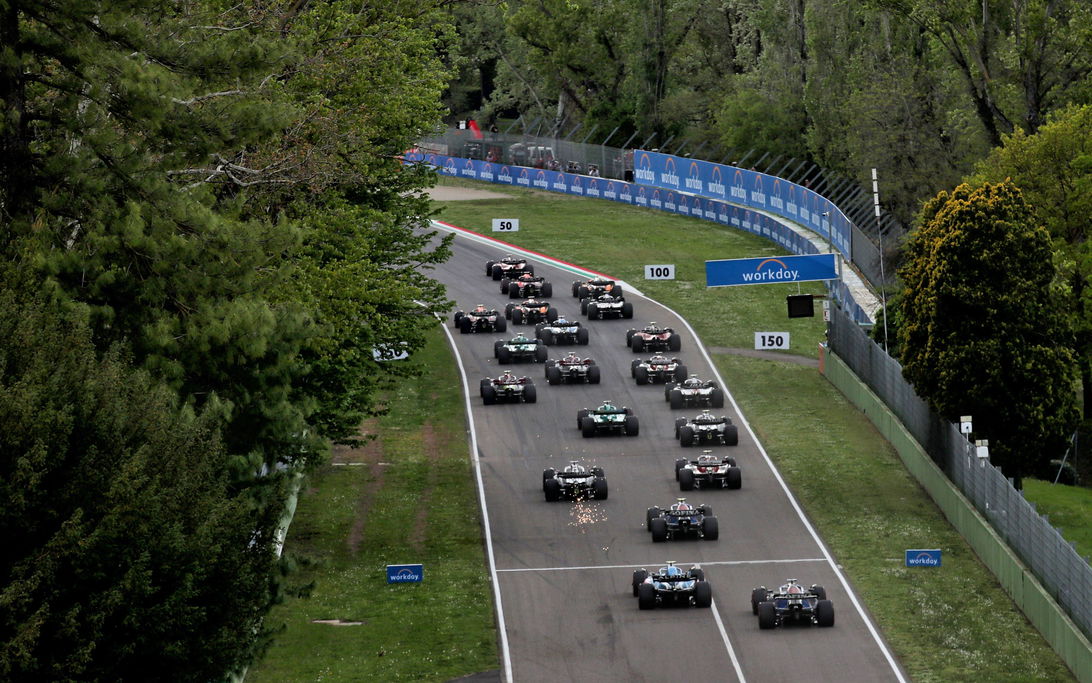



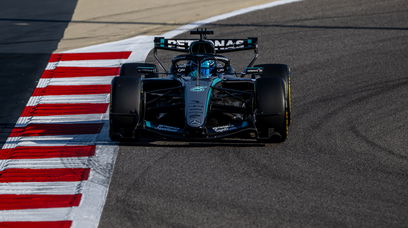

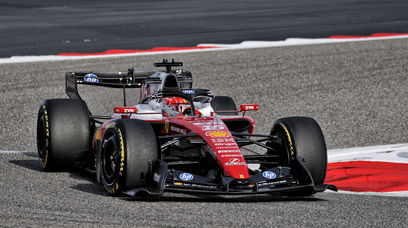

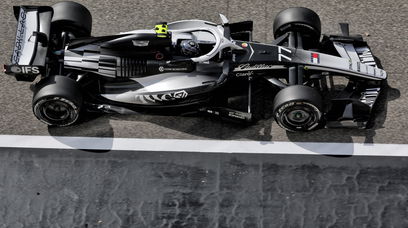
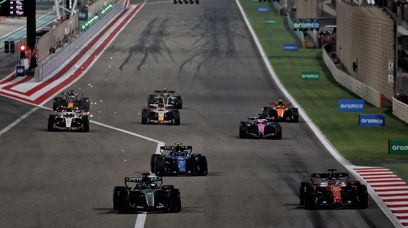
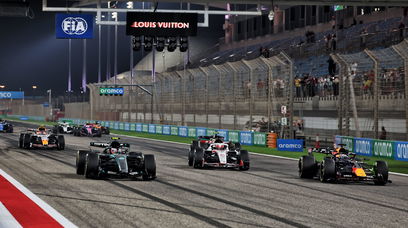
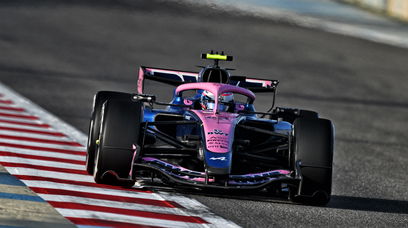
Join the conversation!